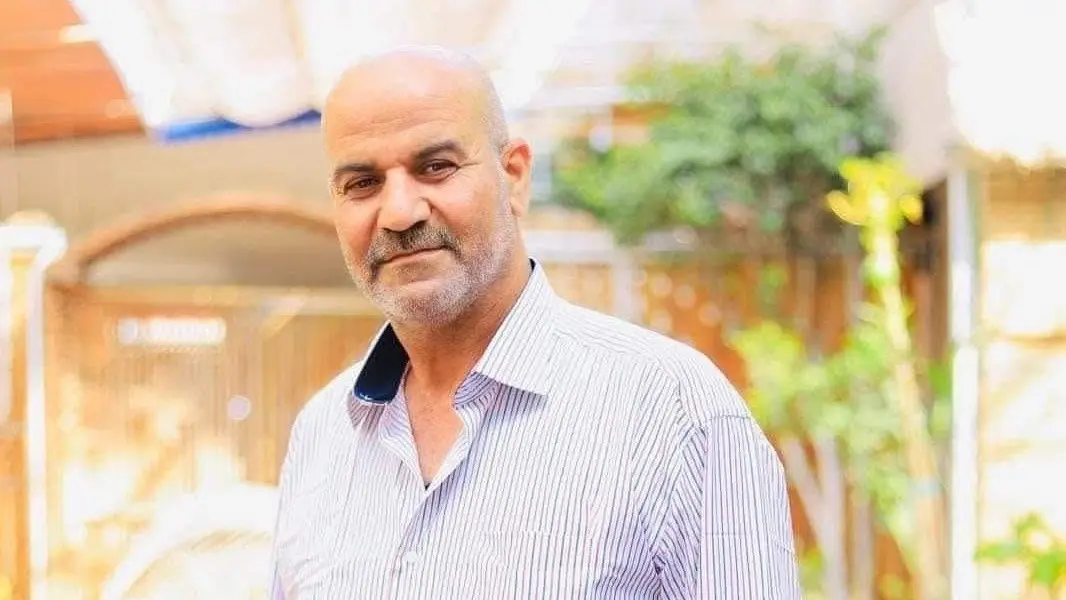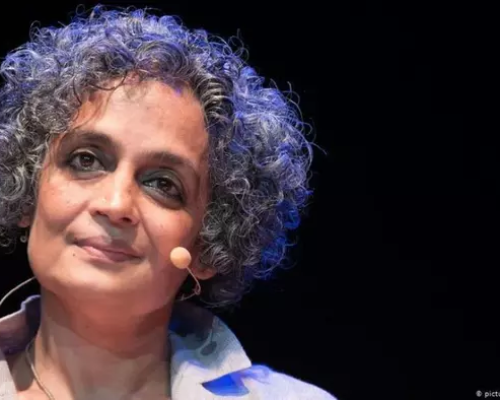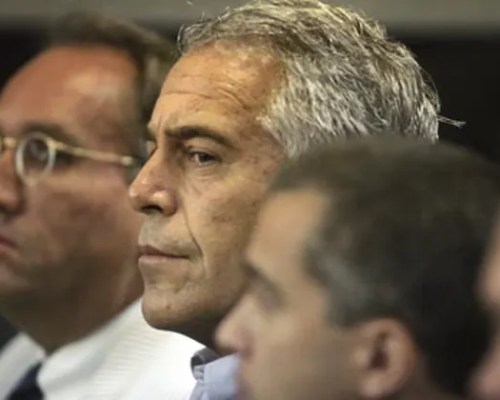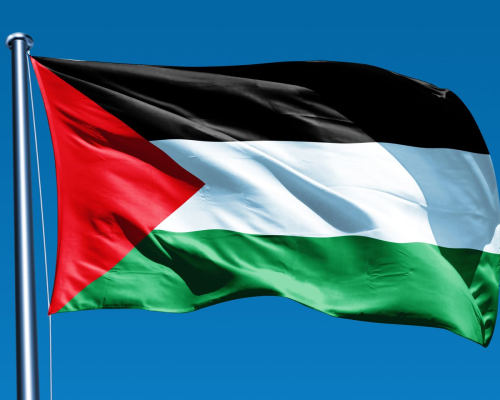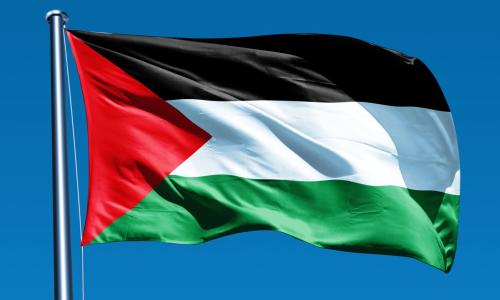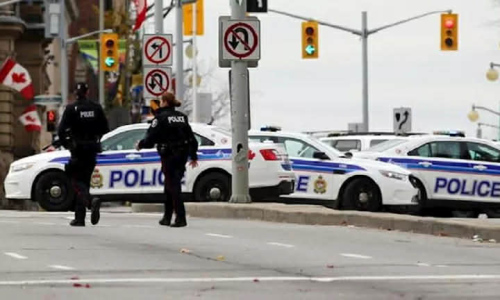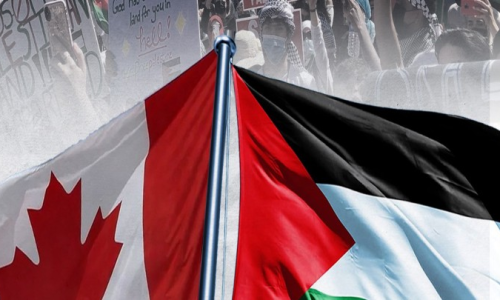By Taghreed Saadeh
In a shocking incident that has sparked widespread outrage, former Palestinian prisoner and activist Hisham Al-Saftawi was shot and killed on Saturday, inside his home in the Nuseirat refugee camp in central Gaza by armed individuals affiliated with Hamas.
According to family sources and eyewitnesses, the group stormed Al-Saftawi’s home and opened fire, killing him on the spot. Family members told “Zaytoun News” that Hamas send them messages that may have killed him by mistake, and they are demanding a clear statement officially recognizing his innocence.
The Palestinian Liberation Movement Fatah condemned the killing, describing it as a continuation of systematic intimidation, arbitrary executions, and attacks against civilians in Gaza. Fatah emphasized that these actions, carried out under the pretext of maintaining control, serve to deepen internal divisions, destabilize Palestinian society, and effectively aid the objectives of the Israeli occupation.
Hisham Al-Saftawi was one of the founders of Fedayeen Fatah during the First Intifada and spent many years imprisoned by Israel. During the recent Israeli onslaught on Gaza, he lost two of his children. His assassination has sparked fears that Hamas’ ongoing practice of targeting political opponents could ignite a broader internal conflict or civil war within the Gaza Strip.
Al-Saftawi’s family has called for justice and accountability, demanding that those responsible be tried publicly and that Hamas cease its use of violence to consolidate power. They described the killing as a blatant disregard for Palestinian lives and a direct threat to the safety and security of ordinary families.
Analysts warn that if such extrajudicial actions continue, Hamas’ strategy of silencing dissent through force could push Gaza into an internal political and social crisis, undermining unity among Palestinians and risking a spiral into civil conflict.
This tragic event highlights the growing concerns over political repression in Gaza and raises urgent questions about the future of governance, rule of law, and intra-Palestinian relations under Hamas’ continued control.

